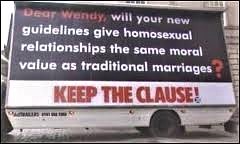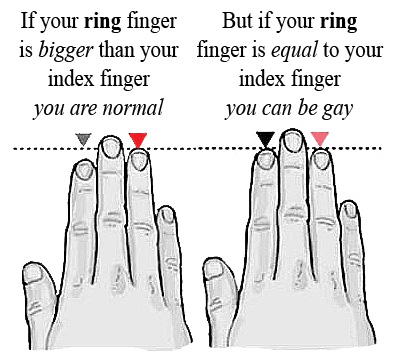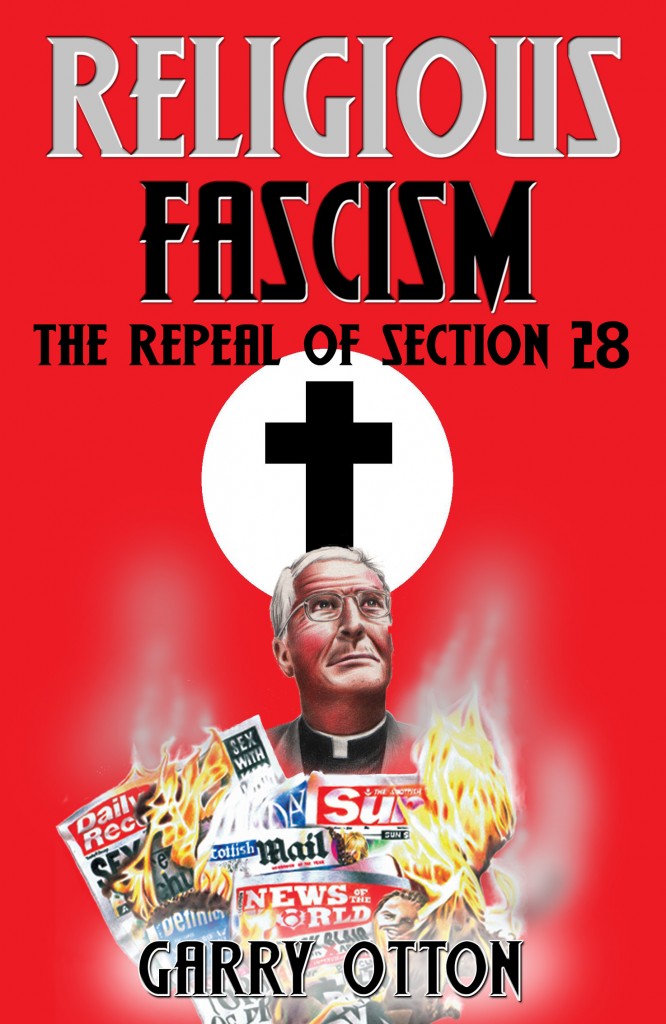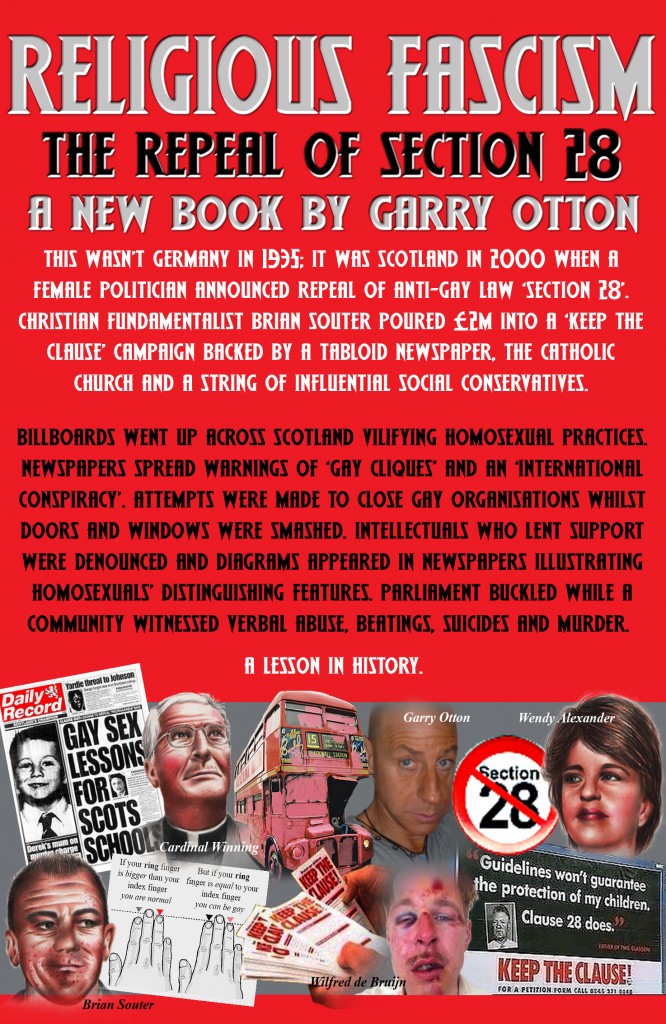In March 2000, Brian Souter announced the launch of a postal referendum in Scotland against the repeal of Section 28, a law which prevented local authorities from discussing homosexuality as normal. In reality it was a politically motivated private opinion poll co-sponsored by a group of socially conservative entrepreneurs. Undermining this referendum’s legitimacy was an important ingredient in its defeat, unlike the Brexit referendum which has built its success on the back of repeated claims it was ‘the will of the people’ and an unquestioning promotion from journalists and politicians alike that it was as an entirely legitimate exercise. It has been nothing of the sort. Apart from reflecting an internal wrangle at the heart of the Conservative and Unionist Party, it has been adopted wholesale by other political parties. Yet, steeped in controversy, the ‘Vote Leave’ campaign was fined and referred to the police by the Electoral Commission and the referendum denied an estimated 700,000 of British passport holders living abroad a vote.
Like Brexit, the underbelly of populism from a generally older populace labelling itself ‘the silent majority’ fuelled the campaign against the repeal of Section 28. Parents, religionists and so-called ‘ordinary people’ organised themselves behind the banner ‘Keep the Clause’ which became so successful it became a familiar playground catchphrase. The referendum nonetheless received criticism for using an old electoral register which denied many students and young people, who moved more frequently, a vote.
Promises of financial support coming into Scotland from the U.S.A. to fuel the campaign to retain Section 28 are echoed by the sources of funds to support Brexit and leave the European Union which remains cloaked in mystery.
With Brexit, the judiciary, politicians, civil servants and intellectuals have all been the target of claims that an ‘elite’ is working against the ‘will of the people. During the campaign to retain Section 28, intellectuals were discredited after an impressive list of 34 researchers from Scottish universities, including doctors, psychologists, sociologists and educational experts, including Dr Stephen Reicher, editor of the British Journal of Social Psychology penned a joint letter to The Herald in defensive of repeal. On behalf of ‘Keep the Clause’, David Macauley insisted in the same paper that parents would not be lectured to by “a bunch of academics”. Letters to the paper attacked the “gaggle of socio-psychologists” and another warned the academics “they should mind their own business”.
In the campaign estimated to have cost between one and two million pounds, every available billboard space across Scotland was bought to display posters to denounce gay practices by a group of parents. One bemoaned: “This Government doesn’t care what we parents think”.

Newspapers like the Daily Record and the Daily Mail supported ‘Keep the Clause’ and during the campaign both illustrated a homosexual’s distinguishing features with diagrams showing how gay people could be identified by the length of their fingers.

There were warnings of an ‘international conspiracy’ from Scotland’s Cardinal Winning which was echoed by press commentators.
Brian Souter was angry that his referendum wasn’t getting the credibility he felt it deserved by having it endorsed by the Electoral Reform Society (ERS) and he told the Scottish Daily Mail: “It is outrageous that gay cliques within the Labour Party are now putting intolerable pressure on the Electoral Reform Society…” while the late MP Jimmy Wray warned about a “gay mafia” in Scottish editions of the Sun. The Scottish Sun ran a story under the headline: “Souter blames gay dirty tricks”. The Daily Mail railed against the ERS “As a lobby group for voting reform, the majority of ERS members are from left wing and liberal political backgrounds, with many Liberal Democrats on its ruling council”. Former editor of Scottish editions of the Sun Jack Irvine of ‘Keep the Clause’, who had once described gays as “sleazy old pervs”, ensured the ERS’s gay committee member wasn’t spared and told Scotland on Sunday “Stephen Twigg’s views on Section 28 were made clear last month when he joined a pro-repeal march organised by homosexual groups. The Labour MP and ERS council member has made no secret of his homosexuality since he ousted Michael Portillo from the Enfield Southgate seat at the last election”. In fact Labour MP Stephen Twigg had always been open about his sexuality. In another tabloid the editorial bit hard: “ERS chiefs sabotaged poll… The Record can reveal it was the 15-strong ruling council which vetoed the plan…”
Eager to receive whole boxes of signed petitions, the Daily Record advertised a freepost parcel delivery address but soon found themselves in possession of a broken fridge, a garden gate, a large soggy mattress, wrapped bricks, boxes of stones and even a scrapped Volvo 440.
Press editorials vented their fury at a ‘bin the ballot’ campaign which they feared might discredit the referendum after socialist MSP Tommy Sheridan took to Glasgow’s George Square for a public burning of the mail-shot. The Sunday Mail gave origami illustrations on how to make a dead duck from the ballot paper. Discrediting the referendum was largely instrument in bottling the toxic and dangerous direction it would have taken Scotland had Brian Souter and his chums won.
Through the campaign, vitriol, bigotry and ignorance poured from the letter’s pages of the press. “It’s disgusting to want to promote gay sex in schools. …If everyone was gay then the human race would die out in about 90 years”, wrote Thomas Hay of Edinburgh. And, “I don’t have any kids myself but if I did and anyone tried to teach them about homosexuality, I’d probably end up assaulting the teacher”, threatened John McBride of Shettleston, Glasgow.
The consequences of this virulent campaign were predictable. Windows of gay venues were smashed; there were beatings, suicides and a string of murders of gay people.
The Section 28 referendum result was as divisive as Brexit. The campaign to discredit the ballot had been a success with just over 30% posting their ballot papers. (This was measly compared to a Scottish referendum on privatising water in Strathclyde which attracted over 71%). The ‘referendum’ suggested that 166,406 voted for repeal (13%) and 1,094,440 voted against repeal (86%). But this suggested 70% had either binned the ballot or voted for its repeal.
Section 28 was eventually repealed giving way to Scotland becoming one of the most liberal and tolerant countries in Europe with a renewed and growing enthusiasm to work with other nations in the E.U. as an equal as opposed to a subservient member of a union with the United Kingdom hell-bent on Brexit.

Garry Otton is the author of the book ‘Religious Fascism. The Repeal of Section 28’.



